Fun fact: iodine deficiency is one of the most common deficiencies. While most people thankfully won’t suffer the worst consequences of the shortage, it’s still something worth addressing and being mindful of.
Iodine is a trace mineral found in some salt (iodized salt), seafood, and veggies – namely, sea veggies. Despite being a trace mineral, which implies that it isn’t so important, it’s quite the contrary.
This mineral is essential, especially for good thyroid health. Plus, the body doesn’t make iodine, so our only source of the stuff comes from intake.
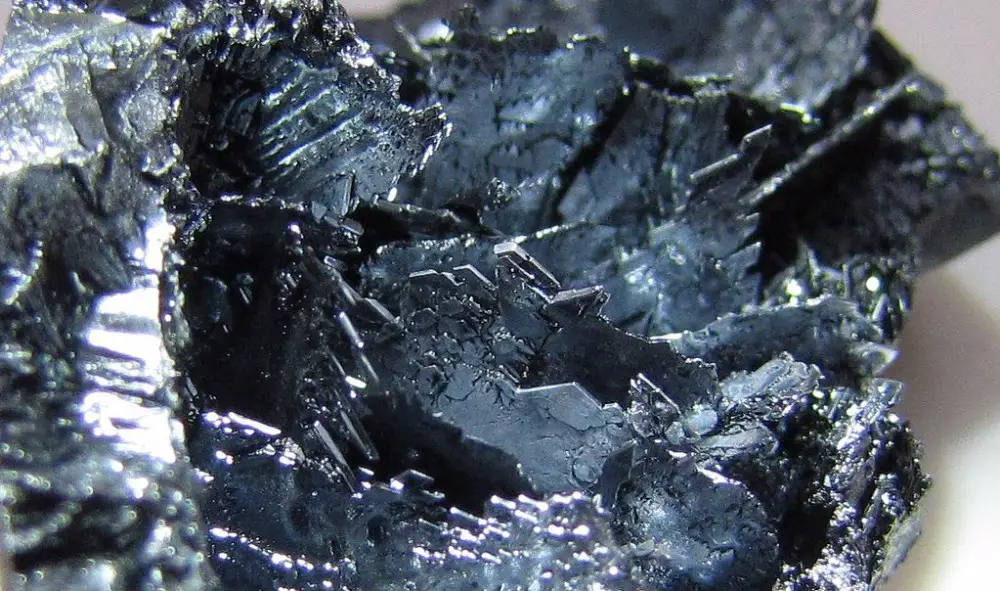
While the U.S. and Europe are mostly getting enough iodine, deficiency is on the rise. At some point down the line – namely in the U.S., the addition of iodine to salt was no longer mandatory.
Besides, we’re more inclined to buy salts with other health benefits like Himalayan pink sea salt. Therefore, we’re relying heavily on other sources of food to do the job and keep our levels at bay.
Approximately 40% of the population is deficient, though, so there’s more we could be doing to decrease this large number. That’s almost half!
Why is iodine important?
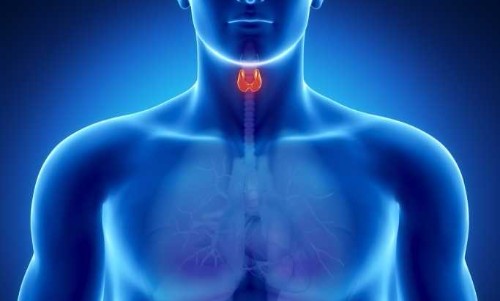
Deficiency isn’t just a matter of getting enough iodine or not getting enough iodine. There are a few other factors we need to take into consideration as we see deficiency levels rise.
First, bromine – found in many packaged foods – can block the absorbency rates of iodine to some extent. Another issue is the soil. We’re seeing less iodine in the soil, thus we’re finding less iodine in the food it produces.
- Thyroid health. Iodine is crucial to good thyroid health and overall hormone health. Without enough iodine in the body, we can’t make enough thyroid hormone. This leads to goitre or enlargement of the thyroid and hypothyroidism.
- Cretinism. Iodine deficiency is the most preventable cause of mental retardation in the world. Cretinism is a condition with characteristics such as stunted growth due to hypothyroidism, deafness, and overall mental deficiency. Severe lack of iodine is linked to a reduction in IQ of 10-15 points. This is a more notable risk for pregnant women who are iodine-deficient because the effects are more likely to show up in the fetus.
- Fibrocystic breast changes. This condition can often be attributed to hormone changes. It causes breast tissue to become scar-like. While this is relatively normal and not dangerous (i.e. not cancerous), it can be prevented by getting enough iodine.
Signs of iodine deficiency
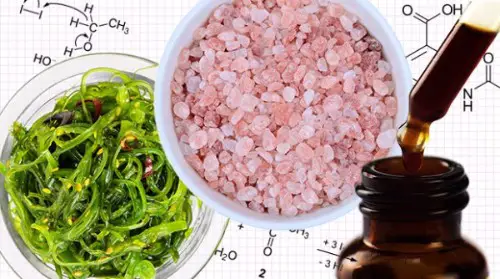
What should you be looking out for? These symptoms could be trying to tell you something.
- Poor digestion starting in the salivary glands – trouble producing saliva, especially when chewing
- Dry mouth and swollen salivary glands
- Dry skin or other pressing skin issues
- Poor focus and concentration, a weak ability to retain and remember information
- Weakness and pain in the muscles
- Increased risk for fibromyalgia, thyroid disease, and fibrosis
How much iodine do you need?
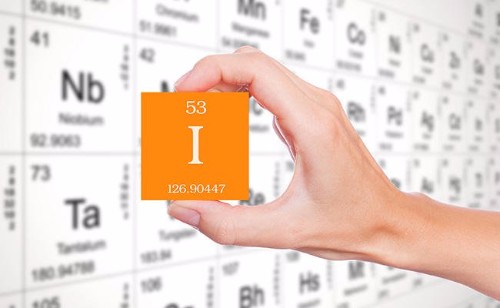
Ideally, the daily recommended value of iodine should meet around 150 micrograms. This is a mere 0.00015 grams, yet we still aren’t always receiving enough even with a healthy, balanced diet.
In particular, women between the ages of 20-39 are the most deficient and should be the most aware of the issue.
While many women might not see the ill effects, pregnant women should place an emphasis on receiving enough iodine. A pregnant women needs around 220 micrograms while a breastfeeding woman should aim for 290 micrograms per day.
Finally, it’s worth addressing iodine for people with preexisting thyroid conditions. Surprisingly, these individuals are most at-risk of getting too much iodine.
People with hypothyroidism, nodules, or autoimmune thyroid disease can worsen conditions. These individuals should avoid excessive amounts of iodine and stick to a moderate supplement or simply receiving iodine through food.
Food sources of iodine
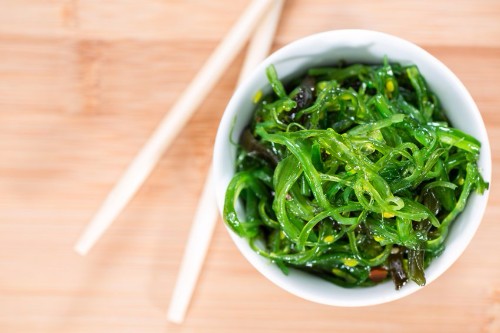
We generally believe that the best way to supplement for any deficiency is with real food. While having a balanced diet isn’t always enough for iodine, consciously adding more foods to the diet that are rich in this important trace mineral can make a big difference considering the small amount we need.
Unfortunately, you won’t find the amount of iodine food contains on the nutrition label which makes it a bit of a guessing game. Either way, making these foods more of a staple in the diet can keep your levels healthy. Break out the nori sheets and get to snacking!
- Iodized salt. A teaspoon of salt contains around three times as much as the daily recommendation of iodine. Using iodized salt for just one meal per day can keep your levels high enough to prevent any damage from iodine deficiency. You can use a blend of iodized salt with other salts like sea salt.
- Seaweed. Sea veggies are some of the healthiest foods on the planet. You can learn all about the benefits of seaweed here. Nori sheets are one of the tastiest ways to eat seaweed. These snacks are portable, crunchy, salty, and highly palatable. You would have to eat around 12 small sheets/strips to meet your daily requirements for iodine. You could eat them plain or use them to make rolls. Check out some of our favorite recipes using nutritious and delicious seaweed.
- Cheese. Most dairy foods are a fabulous source of iodine, but we have to be mindful of the source. Look for grass-fed products from healthy, pastured cows and seek out raw dairy products if you can/if they are legal where you live.
Seafood and eggs are also great sources of iodine. Not only that, but wild-caught fish and pastured eggs will help keep your omega-3 fatty acids in check – another marker of good health!
Can you supplement with iodine?
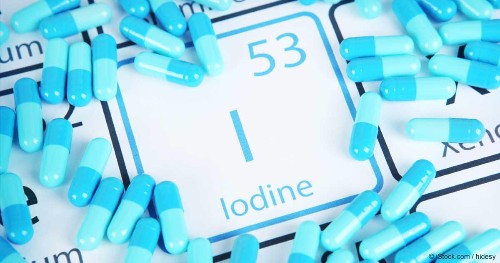
It’s VERY important to note that taking supplements that contain iodine in the form of iodide can increase risk of thyroid disease and hormonal dysfunction.
It’s also worth noting that you do not have to take an iodine supplement if your diet is rich in iodine-containing foods. It can be helpful – especially for pregnant or breastfeeding women – to take a good multivitamin with iodine.
We recommend Garden of Life multivitamin which also contains gut-friendly probiotics.
We hope you learnt a great deal about iodine, why we need it, and why not getting enough puts us at risk today. If you found this information useful, consider hitting the ‘Share’ button!
Music, mountains, dogs, travel, food and friends.

